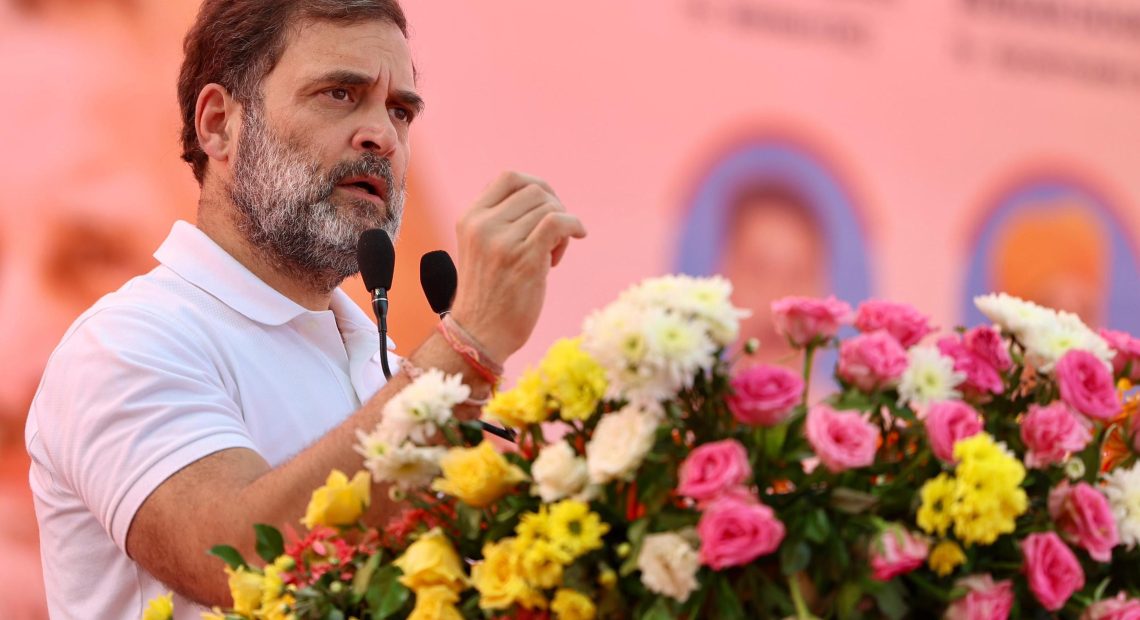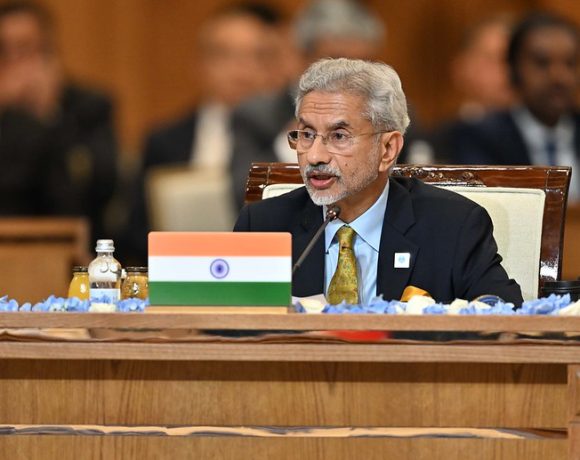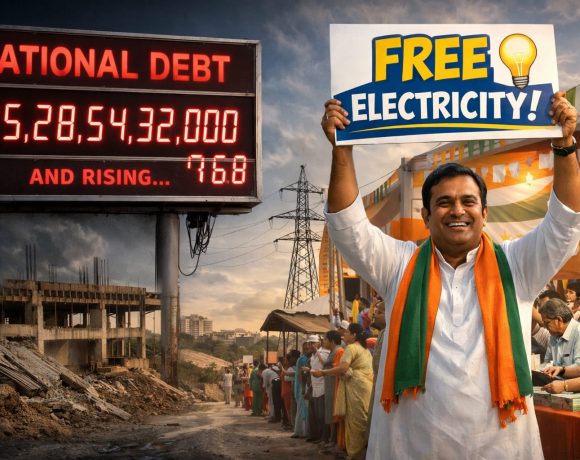
Rahul Gandhi Faces Student’s Questions on 1984 Riots
During an interaction in the United States, Congress leader Rahul Gandhi found himself directly confronted by a Sikh student who questioned his party’s role in the 1984 anti-Sikh riots and the military’s Operation Blue Star. The student challenged Gandhi’s public messaging on “fearless politics,” questioning whether the Congress had ever truly stood by Sikh rights given its historical legacy.
Referring to the conviction of former Congress MP Sajjan Kumar in connection with the riots, the student highlighted what he termed a “disconnect between words and actions.” He emphasized that Gandhi’s party had not done enough to heal the wounds of the Sikh community, and questioned how genuine the party’s commitment to justice truly was.
Rahul Gandhi’s Response
Rahul Gandhi responded to the criticism by stating, “A lot of those mistakes happened when I was not there. But I’m more than happy to take responsibility for everything that the Congress party has ever done wrong in its history.” He stressed that he personally felt a strong connection with the Sikh community and had visited the Golden Temple multiple times as a mark of respect and solidarity.
He acknowledged the pain and suffering caused by the 1984 events and underlined his commitment to ensuring that such wrongs are never repeated. Gandhi attempted to strike a balance between accepting past failings and asserting a forward-looking vision for inclusivity and justice.
Political Fallout and Reactions
The exchange quickly became politically charged. Several political opponents seized on the moment, circulating clips of the conversation and using the student’s pointed questioning as evidence of Gandhi’s weakening credibility. Critics suggested that this incident demonstrated how unresolved past issues continue to haunt the Congress party, even on international platforms.
While some commended Gandhi for his willingness to accept moral responsibility for his party’s history, others questioned whether that acceptance has translated into concrete steps or remained symbolic. The student’s comments have reignited public debate about political accountability, historical justice, and how Indian leaders should confront the darker chapters of the past.
The encounter once again placed the 1984 anti-Sikh riots at the center of political discussion, illustrating how deeply the wounds still run and how the calls for closure and justice continue to echo decades later.


















